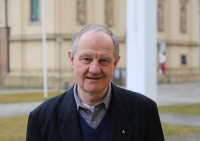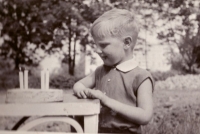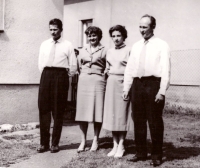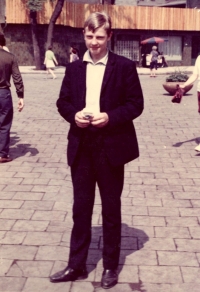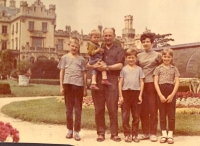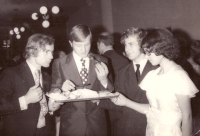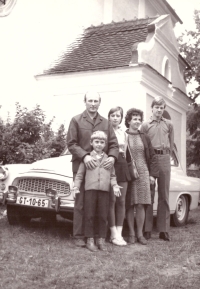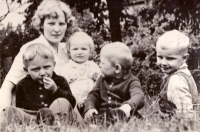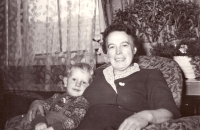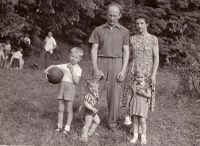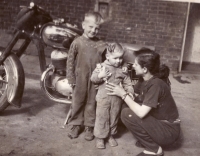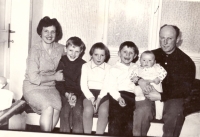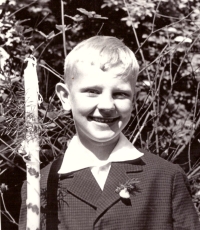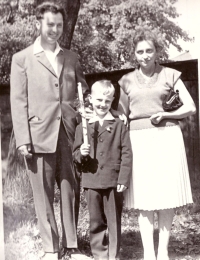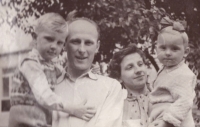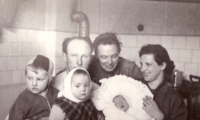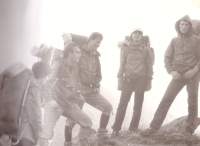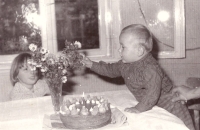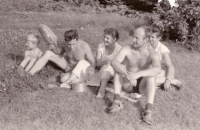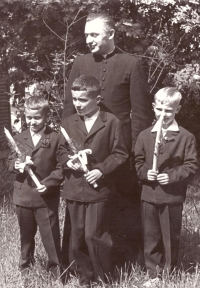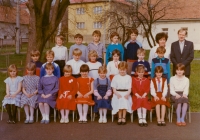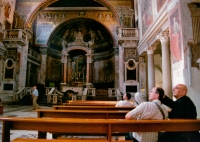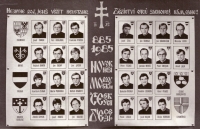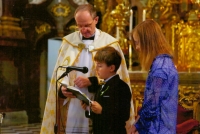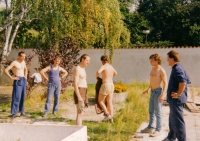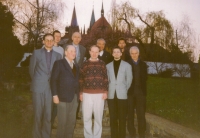I don’t have to make big revolutions, but I know my goal

Download image
Josef Čunek was born on June 6, 1955 in the then Gottwaldov (now Zlín). He grew up in a family where his mother’s Catholic beliefs were mixed with Protestantism on his father’s side of the family, and he served as an acolyte from a very early age. In 1968 he joined a Catholic Scout Group called Kamzíci. Between 1977 and 1979, after getting his apprenticeship as an electrician, he served basic military service at the airports in Brno and Bechyně. At this time, the counter-intelligence showed interest in him - as “a hidden religious fanatic and an enemy of the socialist regime” - and in October 1978 a signal file with the code name Klér was created. Although Josef himself had not yet decided to become a priest, there were suspicions by the secret State Security that he was secretly ordained already. He entered the Jesuit Order secretly in 1979, in 1980 he started to study at the Litoměřice Theological Faculty and graduated in 1985. The day after his First Mass he took part in a pilgrimage to Velehrad, which became a manifestation for believers from all over Czechoslovakia. He worked as a clergyman in Přerov and Lidečko. After 1989 he became an official member of the Jesuit Order and spent some time in the editorial office of Vatican Radio. Since 2004 he has been the rector of St. Ignatius Church in Prague and the superior of the Jesuit community in Prague. In recent years he has been the administrator intercalaris at Velehrad.
